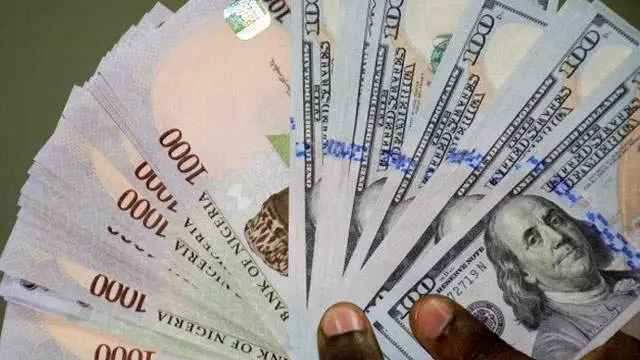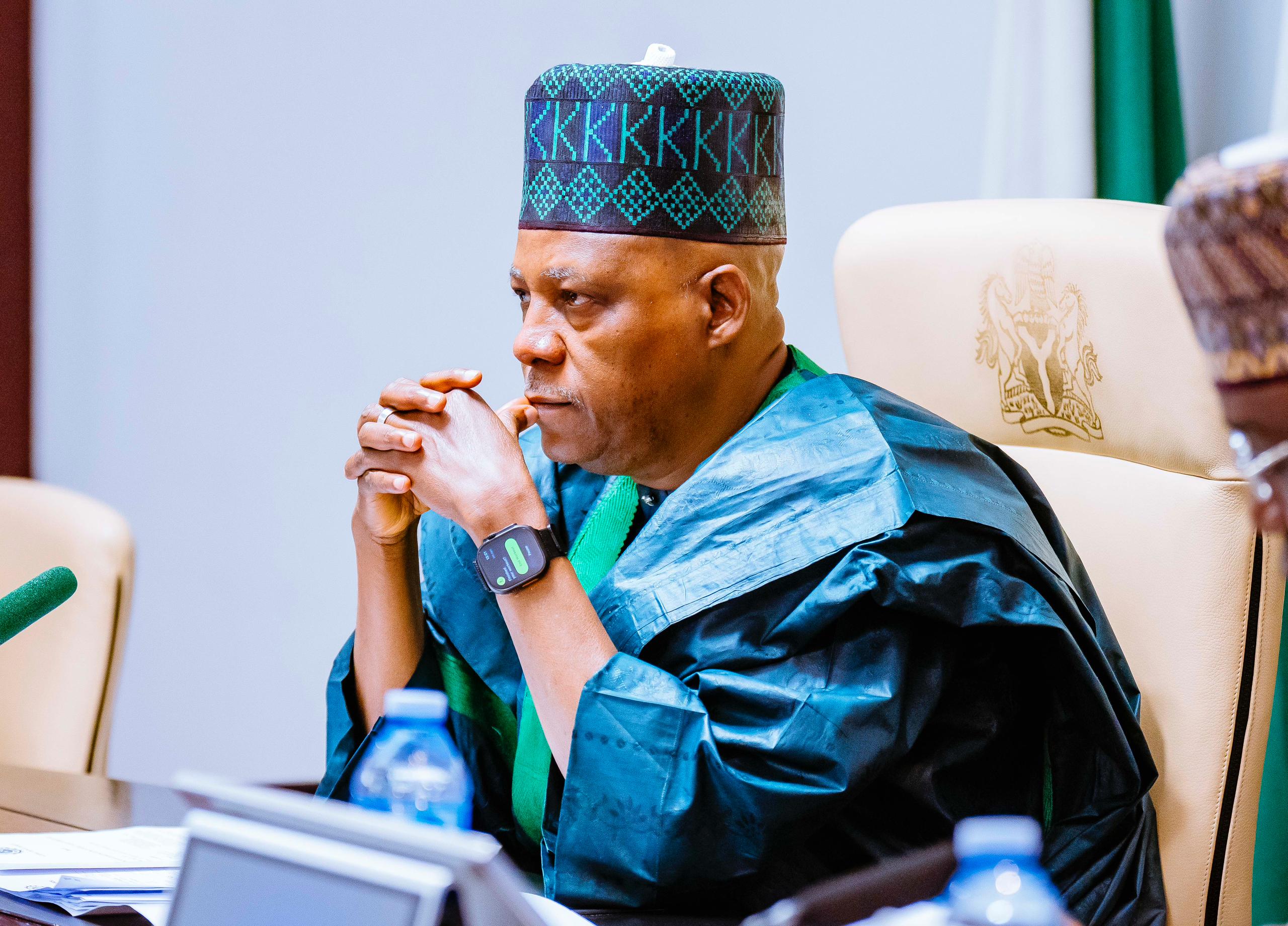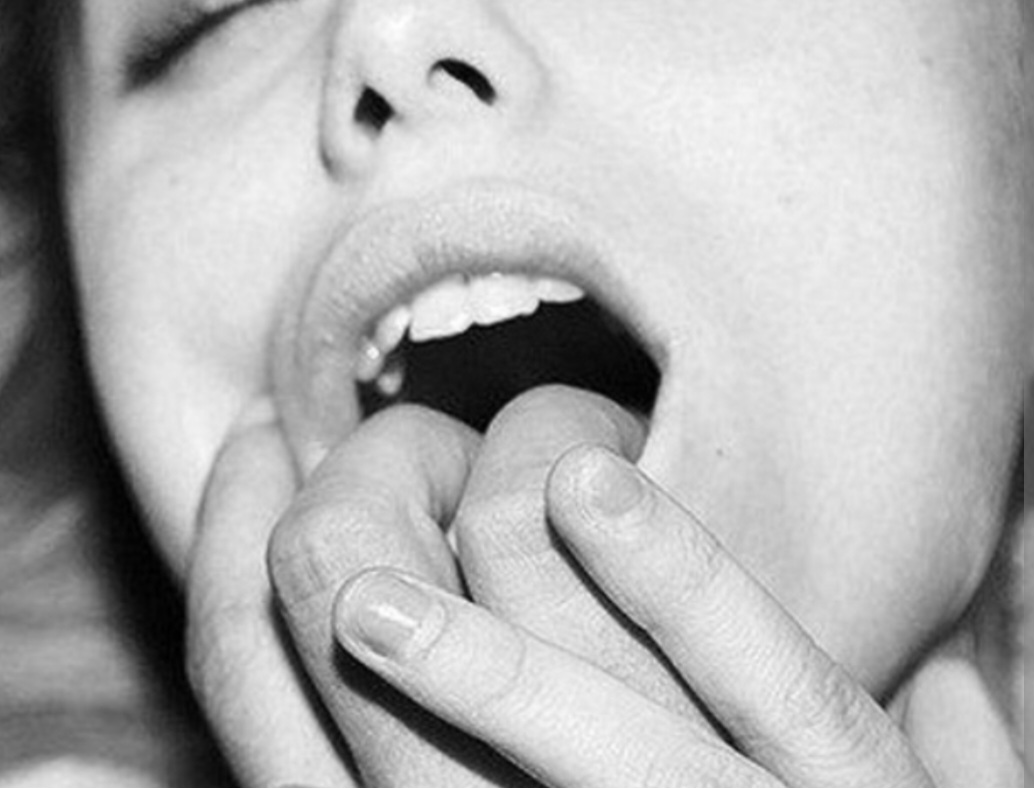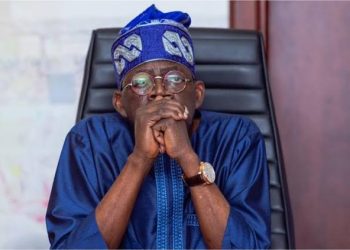The Nigerian naira has depreciated at the official market on Tuesday as it moved from N839.48 to N850.22 at the Nigerian Autonomous Foreign Exchange Fixing (NAFEX), FMDQ Security Exchange Limited.
Despite the decline, about $143.55 million in turnover was traded by investors and exporters.
The number of dollars supplied at the Autonomous Foreign Exchange Market (NAFEM), Nigeria’s official forex market, rose by 46.69 percent but could not shore up the value of the naira.
The foreign exchange market (FX) resumed on Monday with the naira depreciating against the dollar on the parallel market, popularly called the black market, following renewed demand pressure after appreciating for two trading days.
During the intraday trading on Monday, the dollar was sold for N1,130, representing 1.80 percent loss compared with N1,110/$1 sold on Friday on the black market.
NAFEX is the reference rate for spot FX operations in the autonomous FX market, which comprises recognised FX trading segments, including but not limited to the inter-bank market, the I&E FX Window, and any such approved and recognised trading segment as may be defined.
It was, however, gathered that the market gained significantly on Monday as it closed at N795.41.
However, experts have blamed hoarders and speculators for the drop in the value of the naira.
A Capital Market Executive, Samuel Showunmi, said artificial pricing, largely due to hoarding and speculating of the FX, is currently responsible for the huge disparity between the two currencies
Showunmi, a capital market executive at Iron Global Markets Limited (a subsidiary of Iron Capital), an Africa-focused investment banking franchise based in Africa with a representative office in London, said the government must address the situation through a carrot-and-stick approach.
He further advocated that commercial banks hoarding the FX should be sanctioned and that other operators should be brought into line because their activities are currently affecting the economy.
“Currently, the reason we have a huge disparity between the naira and dollar is not far-fetched. Before, we used to have multiple exchange rates, whereby the FG has a particular pegged rate, which is the official rate, and we also have two other windows where we have different rates. But now, we have a unified exchange rate regime that levelled up everything, and as a result of that, people are able to speculate, and that’s basically why the disparity is huge.
“Basically, a lot of hoarding is going on in the market now. Ordinarily, what determines the exchange rate of two currencies is the balance of trade of that country. The difference between imports and exports These two indices determine how strong a country’s local currency will be. For instance, if your export is higher than your import, then it means you are earning more foreign currencies than you are demanding.
“The forces of demand and supply between import and supply will determine that, but as it is, we know the country is more of an import-dependent economy than an export-oriented economy. That’s a factor, but mostly what we are seeing now is artificial pricing, which is largely due to the fact that people are hoarding and speculating about the currency, and that’s responsible for the current economic crisis,” he stated.
Explaining the way out of the current rise in FX in the country, Sowunmi advised that the President should parley the CBN, the minister of finance, and other key stakeholders in the foreign exchange system.
He also said the government should ensure that oil theft, vandalism, and others are stopped in order to increase the nation’s daily oil output.
“The government should show more political will. Since the disparity or rate we are seeing is not largely backed by fundamentals but speculation, the government needs to show more political will by calling for a roundtable discussion with key stakeholders in that market. The government needs to have a roundtable discussion with them because they are Nigerians and to them, they are doing their business, but that business is harming the economy.
“So, the government needs to sit down with them because when the country was using the multiple exchange rate regime, the government was using the Bureau de Change (BDC) and operators to push dollars into circulation, but now they have reversed that and are currently using the banks. What we are seeing now with the banks is currency racketeering within the banking sector as well.
“The government needs to sit down with CBN, the Minister of Finance, and key stakeholders in the financial system to set the policy right. The government should sit with stakeholders in the financial sector and set the policy right, and on the supply side, we need to see how we will increase our daily oil output because our oil revenue constitutes a higher portion of our FX revenue.
“We need to know if we are producing the quota that is expected of us by OPEC, and the reason we are not meeting the quota is not far-fetched; it’s because of vandalism, oil theft, and all of that. The government is doing a lot to mitigate that, but they need to step up their game. Nigerians are no longer interested in too much rhetoric; this is the time for action,” he stated.









